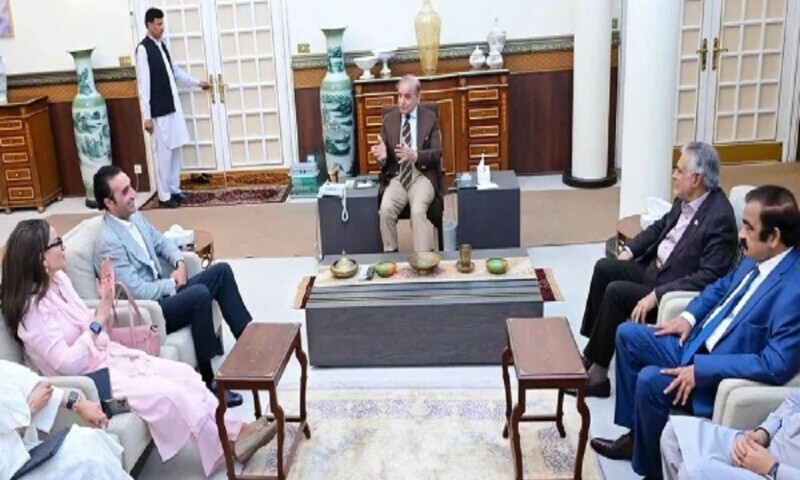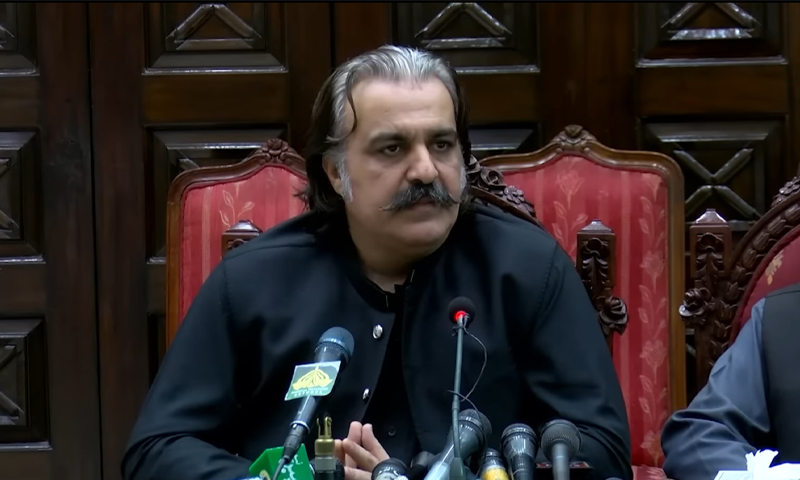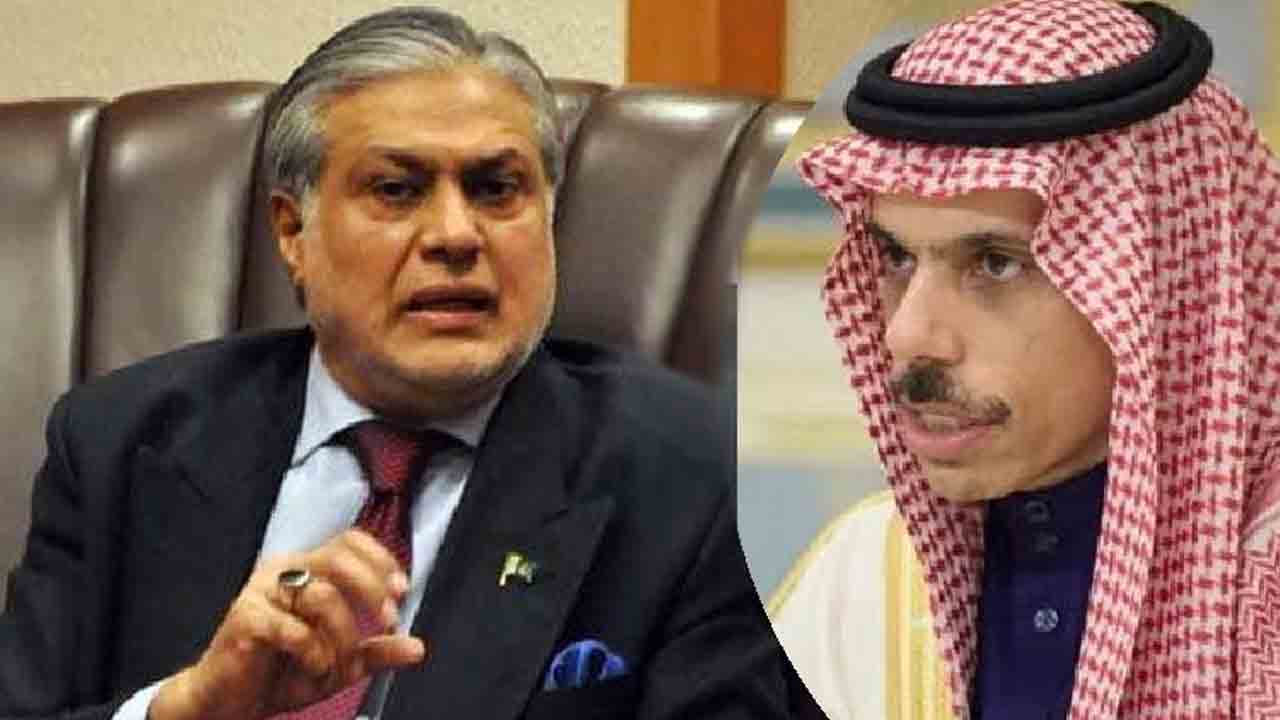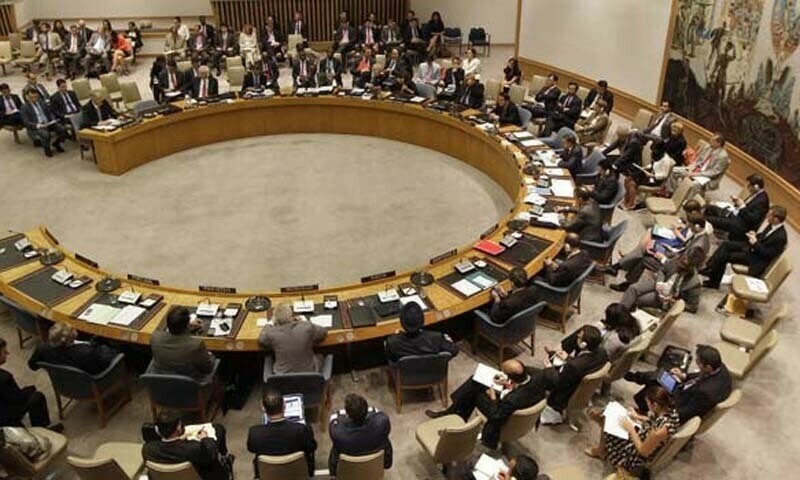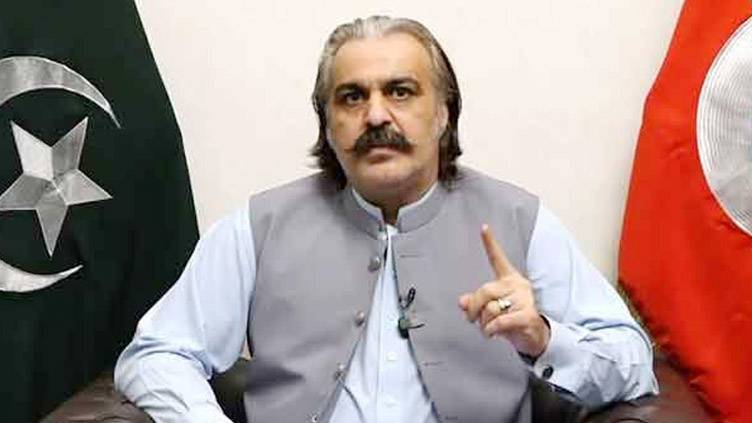POLITICS & POLICY MAKING
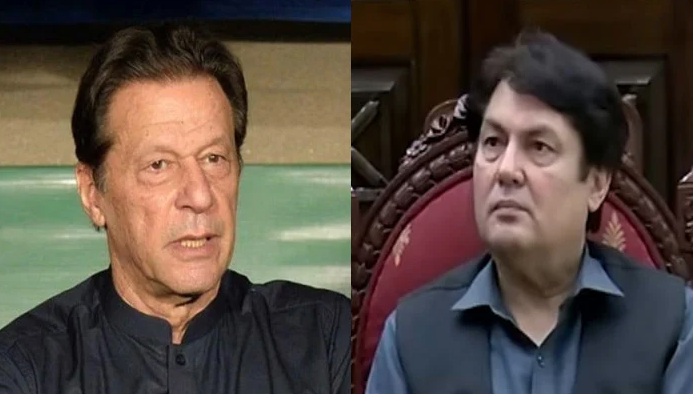
Khyber Pakhtunkhwa Information Advisor Barrister Muhammad Ali Saif held a significant late-night meeting with Pakistan Tehreek-e-Insaf (PTI) founder and former Prime Minister Imran Khan at Adiala Jail, where the two discussed the prospects of political dialogue between PTI and the federal government.
According to sources, the meeting focused on political negotiations at various levels and future strategies, as efforts to de-escalate political tensions continue behind closed doors. Barrister Saif briefed Khan on recent developments and informal backchannel talks taking place across different platforms.
The PTI founder instructed Saif to present his stance to relevant forums, signalling that PTI remains open to certain forms of engagement—albeit with firm conditions.
Interestingly, issues between Pakistan and India were also touched upon during the discussion, sources revealed, although no further details were disclosed.
When approached by the media for a statement, Barrister Saif declined to comment, saying:
"I do not want to give any position on this issue."
High-Level Consultations Continue
This meeting comes just a day after KP Chief Minister Ali Amin Gandapur also visited Imran Khan in Adiala Jail. After his meeting, Gandapur publicly stated that the International Monetary Fund (IMF) would not support Pakistan’s conditions unless key PTI leadership, including Imran Khan, was engaged directly.
"The IMF will not back the government's conditions if our leaders are not allowed to meet Imran Khan," Gandapur warned, implying international concerns about political inclusiveness in Pakistan's economic decision-making.
Background
Imran Khan has remained incarcerated at Adiala Jail following multiple convictions. Despite this, PTI continues to operate as a major political force, particularly in Khyber Pakhtunkhwa, where it holds the provincial government.
Speculations of PTI-government talks have gained traction recently amid mounting pressure from international institutions, civil society, and opposition groups for a political resolution to ongoing unrest and polarisation.
This late-night consultation is seen as part of broader efforts to explore potential reconciliation without formally announcing negotiations — an approach that has become common in Pakistan’s crisis-laden political landscape.
